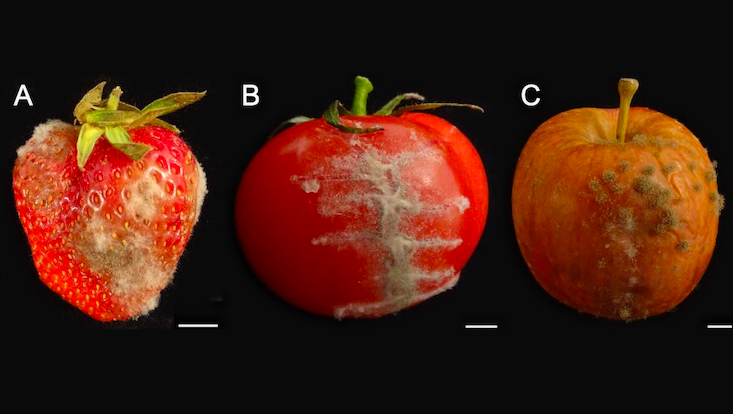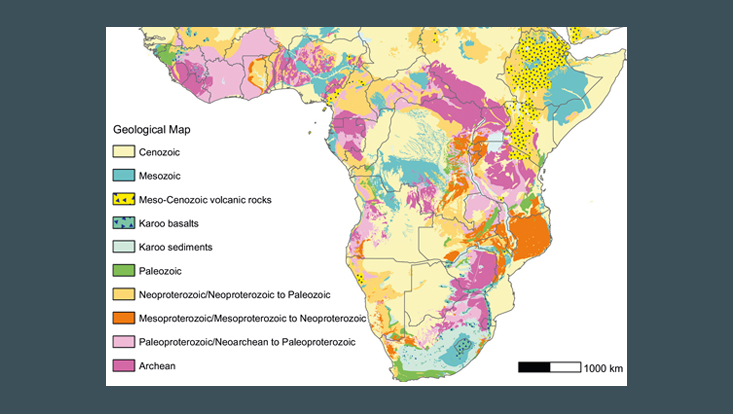Video of the Nordsalt ExperimentThe NordSalt Project: Climate Change Impacts and Biodiversity Interactions in Nordic Salt Marshes
16 December 2024, by Website Team Biologie
The Department of Biology at the University of Hamburg participated in the international research project NordSalt (2021-2024), which aimed to conduct a transnational study of the Baltic Sea Marshes. Coordinated by the University of Southern Denmark (SDU), the project is supported by partner institutions from Denmark, Finland, Norway, Sweden and Germany.
Ella Logemann, a doctoral student in the Applied Plant Ecology research group, was involved in the project. She is investigating carbon cycles and plant development under experimental warming in terrestrial mesocosms. To do this, almost 10 tonnes of soil blocks, complete with vegetation, were brought to Hamburg from the Nordic countries mentioned.
“In the Nordsalt experiment, we actively warm each block, that is, each mesocosm, above and below ground, using a state-of-the-art system. Each mesocosm is ‘wired’ with heating rods and temperature sensors. These are connected to a feedback-controlled control system that responds to a temperature baseline measured in the mesocosms without heat treatment. This allows us to investigate how the different plant communities from the Baltic countries react to different warming scenarios in the same environment and under the same weather conditions,“ explains Ella.
Research topics related th the carbon balance of coastal ecosystems have increasingly come into focus in the last decade, as these ecosystems bind disproportionately more carbon per unit area and time in their soils than terrestrial ecosystems (keyword “blue carbon”). In particular, the coastal marshes in the Baltic States have been little researched so far, and climatic and hydrological gradients cause a diversity of plant communities and soil morphology. “I personally deal mainly with carbon fluxes. This of course includes the recording of plant biomass. I also assess the vegetation, for example plant diversity and its role in biogeochemical processes in the soil.” Other project partners are, for example, looking at the warming effects on microbial communities and on the ecophysiology of reed.
Mesocosm
A mesocosm experiment is a research approach that investigates ecological processes and interactions in a controlled yet natural-like environment. This allows specific environmental factors to be manipulated in order to observe the effects on the ecological community and species interactions. These experiments are important for understanding ecosystems and their responses to change.
UHHGPT-generated definition


